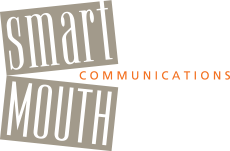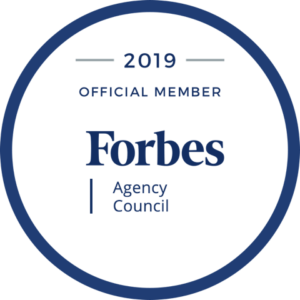 Have an upcoming presentation? Sweating it? Don’t know where to begin?
Have an upcoming presentation? Sweating it? Don’t know where to begin?
The only thing that matters, the one and only thing that should guide you – along with your topic, of course – is your audience. Yes, it’s that simple: your audience makes all critical presentation decisions for you.
As you develop your main ideas or key message points for your presentation, your audience is your go-to source for inspiration. Think about who they are and what they really care about? Who are they – peers, colleagues, influencers, decision-makers? What do they really care about – time, money, impact, quality, their own jobs? What’s in it for them, what keeps them up at night? And therefore, what are the main ideas or themes you should hit on?
Angle your material toward your audience.
Think about why they are in the room. Are they obligated to be there? If so, keep it brief and avoid TMI. Or did they choose to be there? If so, you have a little more latitude with time and detail.
You also will want to plan to bring them along on the journey that is your presentation. What I mean by that is you will literally want to bring them along, you will want to guide them through your presentation – e.g. letting them know where you are, what’s next, what their takeaways are supposed to be, when you’re digressing to share a story, and when you’re back on track.
Audiences are passive and are not required to work hard. You, the speaker, are in the active role and are required to work hard. The work of building understanding, appreciation and/or aha! moments is on you, not on your audience. You bear the responsibility of guiding them through your material and toward your conclusions, you cannot assume they’ll get there on their own.
The solution in a word? Spoonfeed. If you want your audience to know or understand or do something, spoonfeed it, spell it out. Otherwise, it is likely to be lost. People do not connect their own dots.
Just remember that audiences will not do any work to figure out what you’re telling them. They are waiting for you to give them something new or useful or worthwhile. Above all, they are waiting for you to give them something that’s valuable and relevant (to them, not to you).
Think about it, angling your material toward what you know about your audience’s interests is the least you can do in exchange for their time and attention!
- New Agey Advice for Nervousness - November 3, 2022
- Your Passion Can Go a Long Way Toward Building Connection - October 10, 2022
- Keep stage fright a private matter while you’re speaking on a public stage! - August 11, 2022



